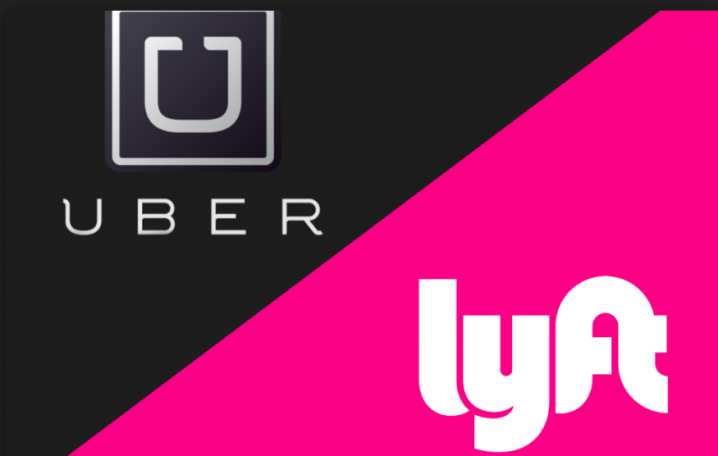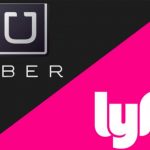State of California sues Uber and Lyft for misclassifying workers; seeking civil damages and back wages for drivers

The state of California has sued ride-hailing tech giants Uber and Lyft for misclassifying workers. The state is also seeking civil damages and back wages for drivers. The lawsuit, which was first reported by New York Times, was filed California’s attorney general and a coalition of city attorneys.
The suit claims the two companies wrongfully classified their drivers as independent contractors in violation of a state law that makes them employees. The city attorneys of San Francisco, Los Angeles and San Diego joined in the lawsuit. Labor experts said the lawsuit is a significant threat to the gig companies and could influence other states with similar laws to take action against them.
The lawsuit also marks the first enforcement action under AB 5 also known as Assembly Bill 5. The law requires companies to treat their workers as employees instead of contractors if they control how workers perform tasks or if the work is a routine part of a company’s business.
According to the lawsuit, Uber and Lyft, which started selling ride-hailing services in 2010 and 2012, respectively, made the calculated business decision to misclassify their on-demand drivers as independent contractors rather than employees. Both companies then continue to misclassify their drivers—and have exploited hundreds of thousands of California workers—in direct contravention of California law.
By misclassifying their drivers, the lawsuit reads, “Uber and Lyft evade the workplace standards and requirements that implement California’s strong public policy in favor of protecting workers and promoting fundamental fairness for all Californians. This longstanding policy framework includes a comprehensive set of safeguards and benefits established by the State of California (“State”), cities, and counties, such as minimum wages, overtime premium pay, reimbursement for business expenses, workers’ compensation coverage for on-the-job injuries, paid sick leave,
and wage replacement programs like disability insurance and paid family leave. Uber and Lyft owe their drivers these benefits and protections.”




